- Exclusive | BlackRock ETFs Among Biggest Investors in Meta’s Giant Data-Center Debt Deal The Wall Street Journal
- Blue Owl Seals Largest Private Capital Deal for Meta’s AI Growth Bloomberg
- PIMCO Anchors $27 Billion in Debt For Louisiana Meta Data Center The Information
- BlackRock ETFs among largest investors in Hyperion debt deal, WSJ reports TipRanks
- Meta set to clinch nearly $30 billion financing deal for Louisiana data center site, Bloomberg News reports Reuters
Blog
-
Exclusive | BlackRock ETFs Among Biggest Investors in Meta’s Giant Data-Center Debt Deal – The Wall Street Journal
-
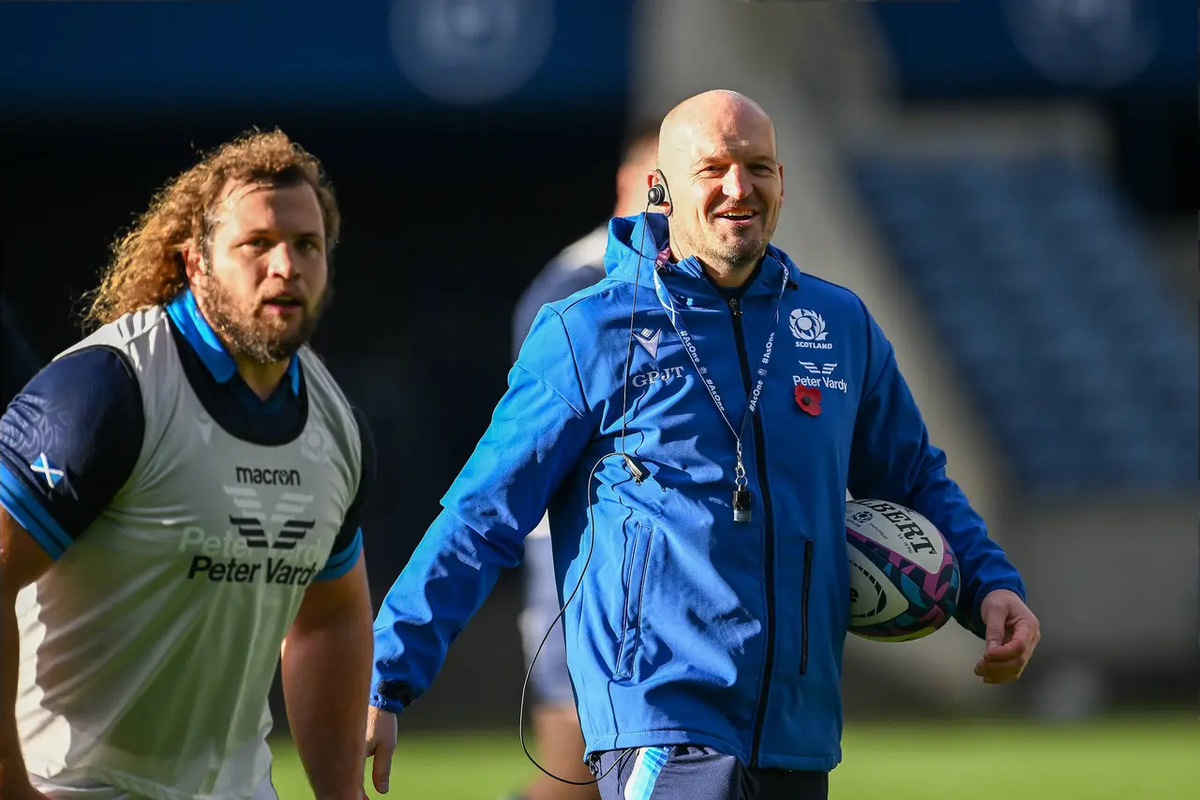
Scotland Target Historic First Win Over All Blacks in November Test Series » allblacks.com
Scotland coach Gregor Townsend has named his squad to prepare for the country’s November Tests, with former Canterbury five-eighths Fergus Burke retaining his place in the side.
Scotland, who have never beaten the All Blacks,…
Continue Reading
-
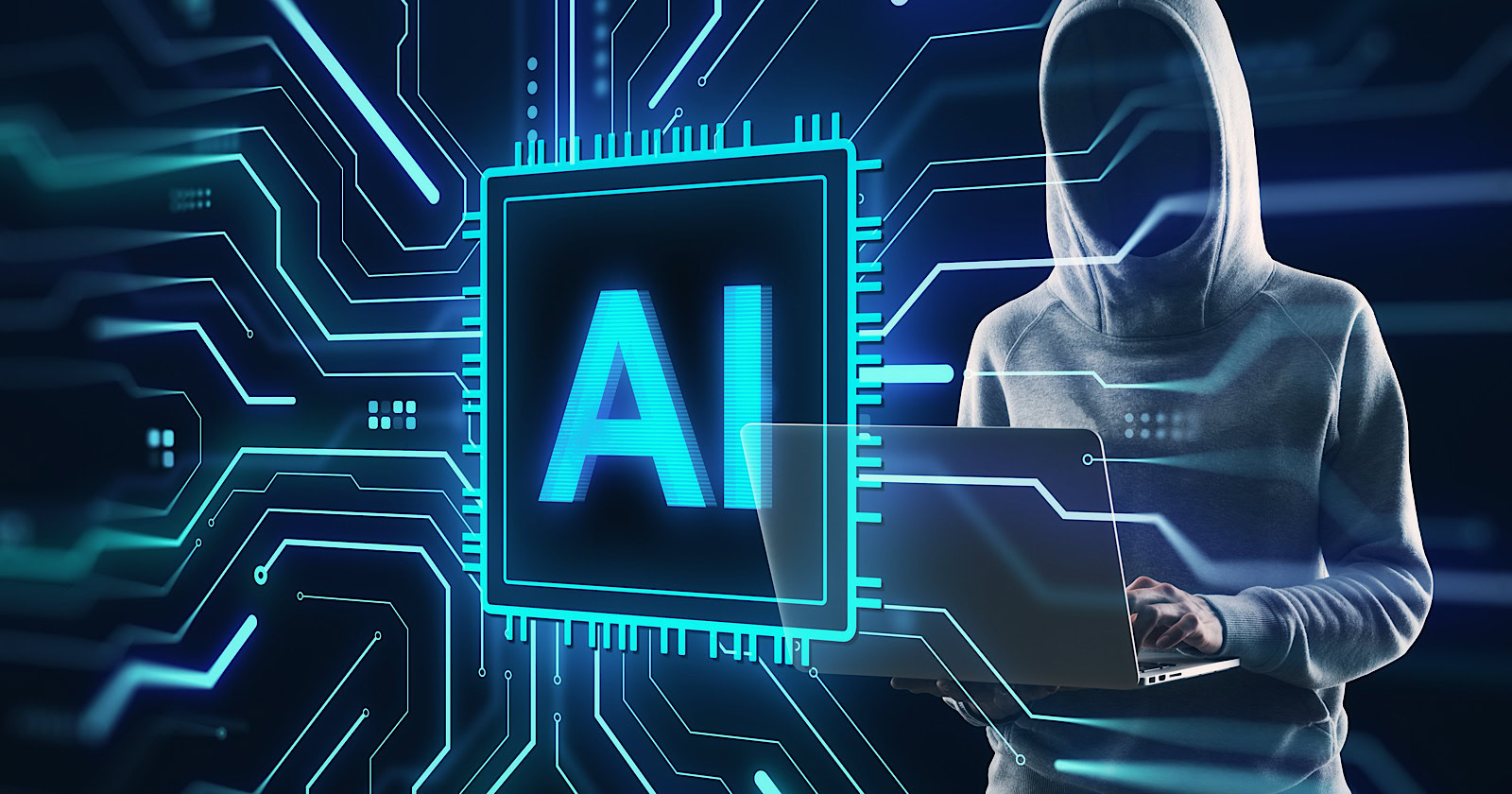
Brave Reveals Systemic Security Issues In AI Browsers
Brave disclosed security vulnerabilities in AI browsers that could allow malicious websites to hijack AI assistants and access sensitive user accounts.
The issues affect Perplexity Comet, Fellou, and potentially other AI browsers that can take…
Continue Reading
-

The 30 Best Zara Finds to Shop Now for Fall 2025
All products featured on Vogue are independently selected by our editors. However, we may earn affiliate revenue on this article and commission when you buy something.
Few retailers require a keen editor’s eye quite like Zara, where dozens upon…
Continue Reading
-

MusiCares names Mariah Carey its 2026 Person of the Year
NEW YORK (AP) — MusiCares, an organization that helps music professionals who need financial, personal or medical assistance, will honor Mariah Carey as its 2026 Person of the Year.
The organization announced Tuesday that it will honor the…
Continue Reading
-

Trending Topics: Early 2026 NBA Finals predictions
The Cavs and Thunder are among the early favorites to reach the 2026 NBA Finals.
From time to time, NBA.com’s writers will share their takes on the biggest storylines and trends around the league.
Who’s headed for the 2026 NBA…
Continue Reading
-

Respiratory Microbiome Holds the Key to Recovery in Children With Drug-Resistant Pneumonia
Analysis of the respiratory microbiome highlighted the most common bacteria, including Veillonella, Prevotella, Phyllobacterium, and Streptococcus. Moreover, children who recovered without doxycycline (WDT) showed greater bacterial diversity and…
Continue Reading
-

Reba McEntire Teases Retirement ‘Could be in 20 Years’
“I think I’ll know when it’s time,” the tireless country legend said in a new interview
Reba McEntire celebrated her 70th birthday back in March, an age when many people may be thinking about retiring, but the country…
Continue Reading
-

An Iranian Volcano Appears to Have Woken Up 700,000 Years After Its Last Eruption
Mt. Taftan. Credit: Wikimedia Commons For centuries, the Taftan volcano in southeastern Iran was considered inactive; just another mountain in the desert. But recent evidence shows that something beneath it has started to…
Continue Reading
-
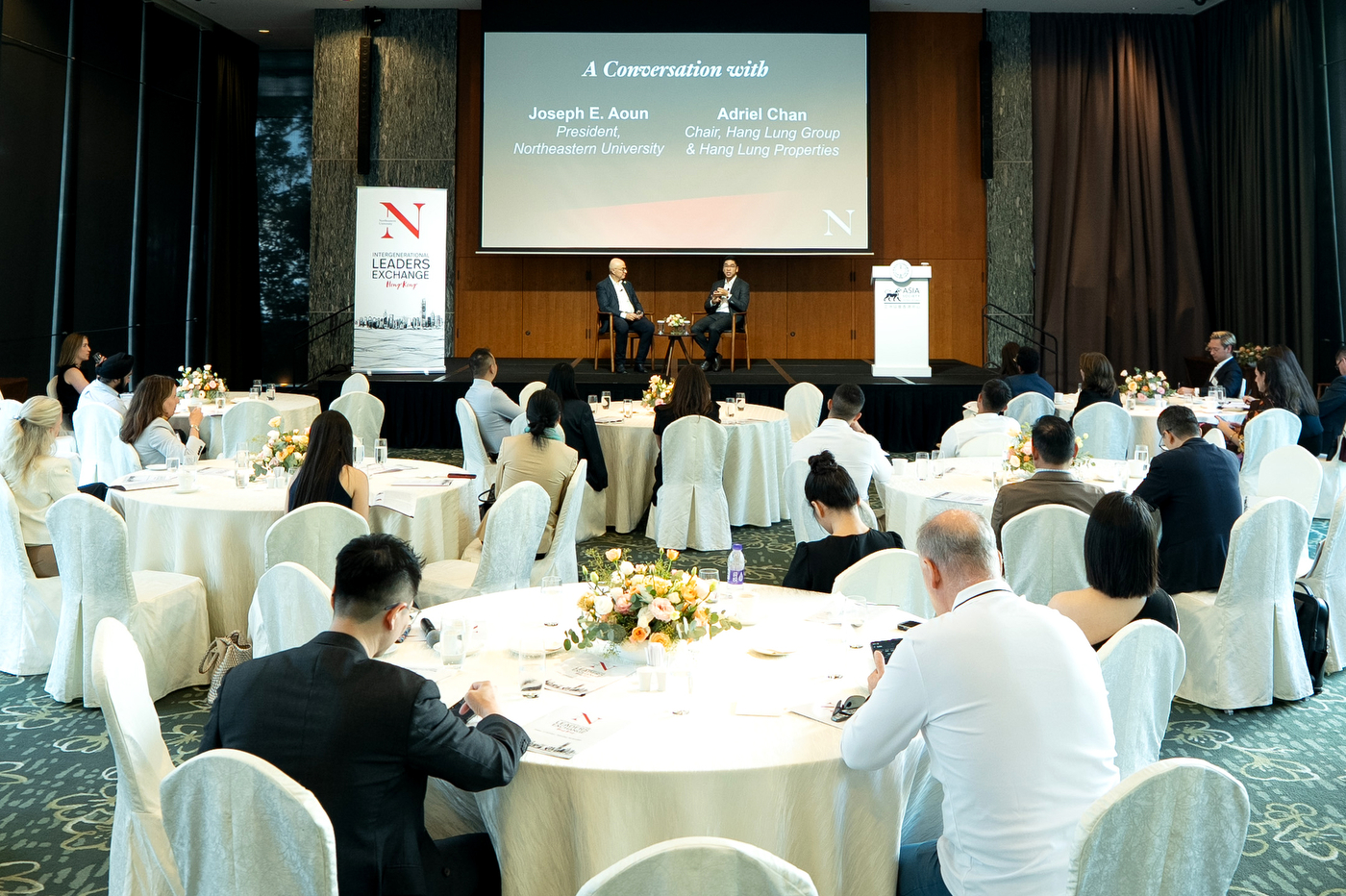
Global Leaders Bridge Generation Gaps to Drive Innovation
Global leaders gathered in Hong Kong explored how artificial intelligence, human literacy and intergenerational collaboration are transforming education and businesses in a rapidly changing world.
As artificial intelligence reshapes society, the future of education depends on striking a balance between technological fluency and human literacy, Northeastern University President Joseph E. Aoun said.
“What Northeastern is providing is a differentiated education based on precisely this balance between understanding the agency that AI has and the human agency, and allowing you to navigate that for life,” Aoun told a large audience at the university’s third annual Intergenerational Leaders Exchange on Friday and Saturday in Hong Kong.
Artificial intelligence is accelerating this global transformation and universities and businesses — from small, family-owned enterprises to multinational corporations — must embrace agility, openness and sustainable innovation, speakers said.
These themes dominated the summit. Northeastern alumni, parents, partners and prospective students gathered at the Asia Society Center to engage with C-suite leaders, innovators and trailblazers about the AI-driven future of the university, family businesses and global industries.
Photo by Tony Kwok for Northeastern University 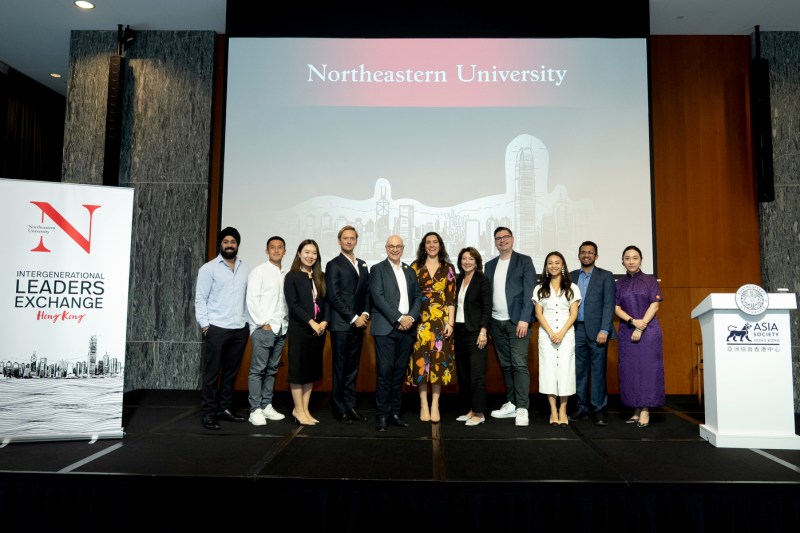
Photo by Tony Kwok for Northeastern University 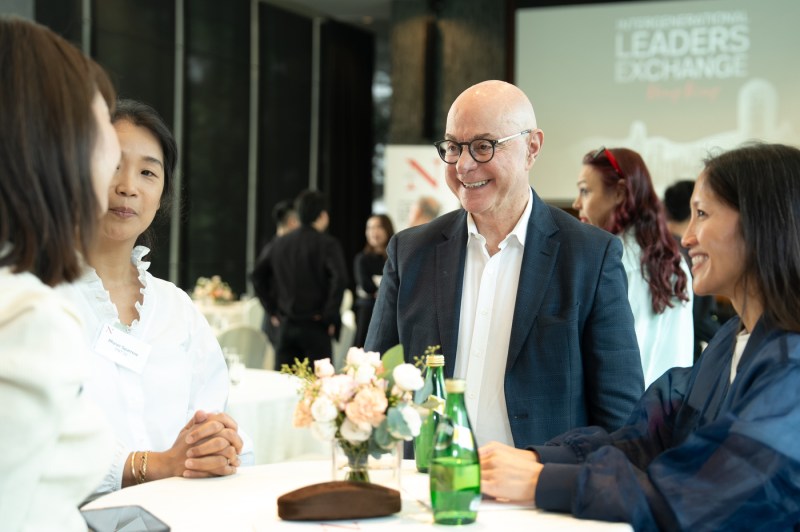
Photo by Tony Kwok for Northeastern University 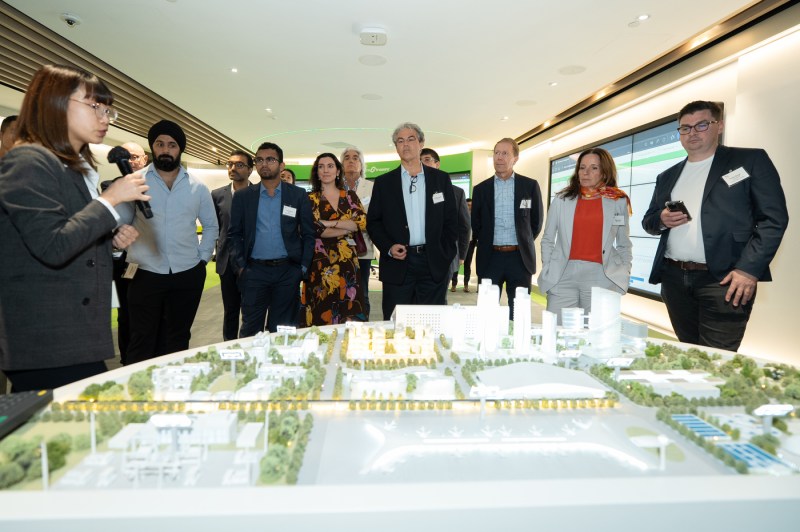
Photo by Tony Kwok for Northeastern University 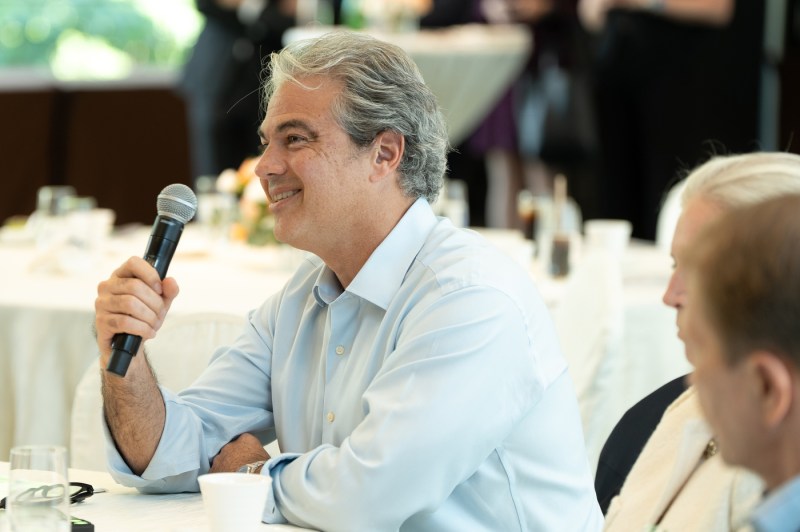
Photo by Tony Kwok for Northeastern University C-suite leaders, innovators and trailblazers discussed the AI-driven future of the university, family businesses and global industries at Northeastern’s third annual Intergenerational Leaders Exchange in Hong Kong. Photos by Tony Kwok for Northeastern University Jean-Pascal Tricoire, chairman of Schneider Electric, a Northeastern University trustee and a parent of students in the class of ’22, ’23 and ’26, emphasized agility over scale.
“The absolute winning factor today is not size, it’s speed,” he said. “You have to be fast, and you can be fast only very close to your customer.”
Participants toured Schneider Electric’s Hong Kong Innovation Hub to see how one of the world’s leading industrial technology companies is advancing smart industries and communities through electrification, automation, the Industrial Internet of Things and resilient infrastructure.
Kathy Sun, a 2018 graduate of Northeastern’s D’Amore-McKim School of Business and founder of Yatir Capital, opened the event by emphasizing the power of intentional intergenerational learning. Choosing to pause and engage in spaces like this, she said, is “in itself an act of leadership.”
“The most valuable learning doesn’t happen in a single classroom or with or within a single generation,” Sun said. “It happens when we intentionally create space for diverse perspectives, experiences and generations to come together.”
Hong Kong, where East meets West, tradition blends with innovation, and family businesses thrive alongside cutting-edge technology companies, was the ideal setting for these conversations, Sun said.
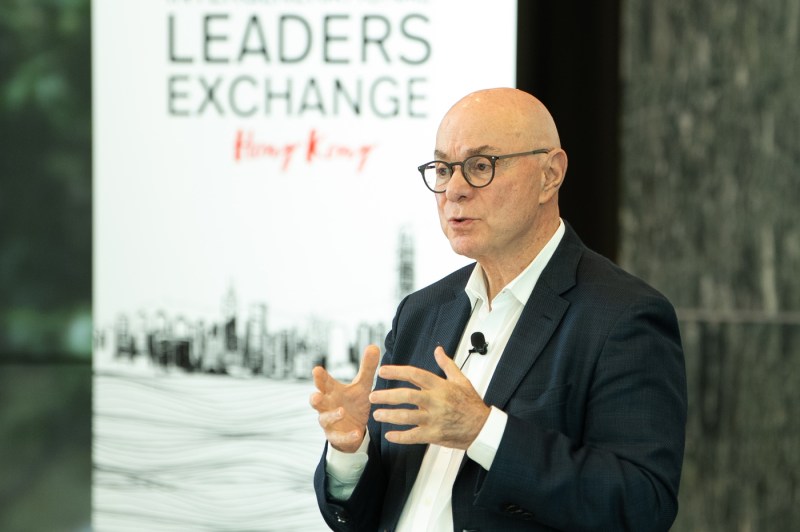
Photo by Tony Kwok for Northeastern University 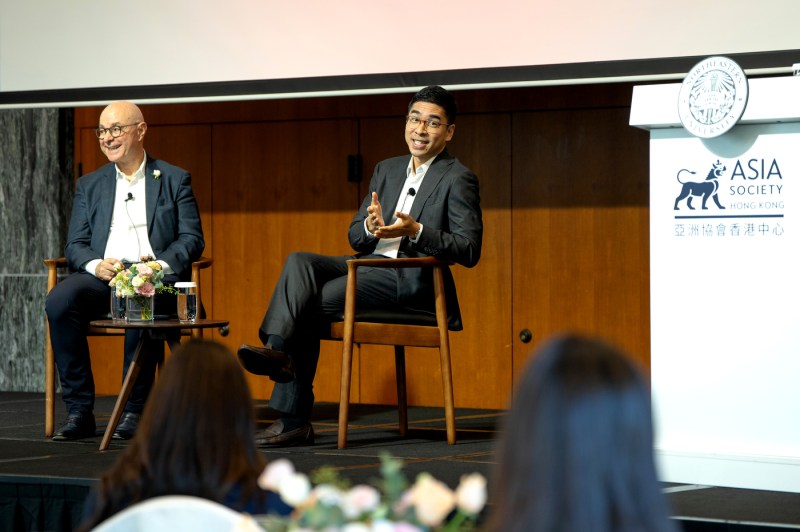
Photo by Tony Kwok for Northeastern University 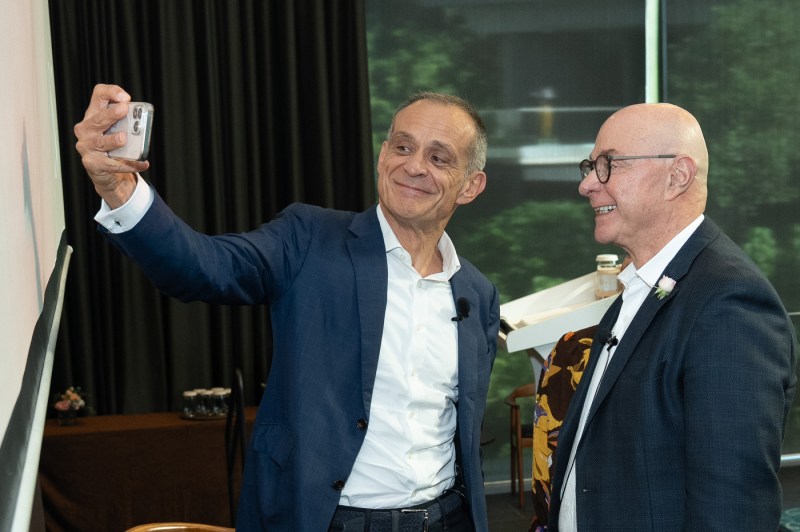
Photo by Tony Kwok for Northeastern University 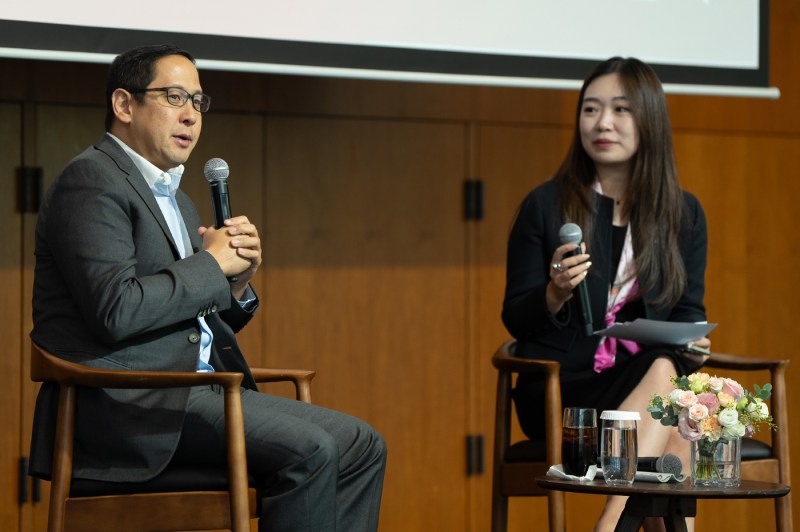
Photo by Tony Kwok for Northeastern University 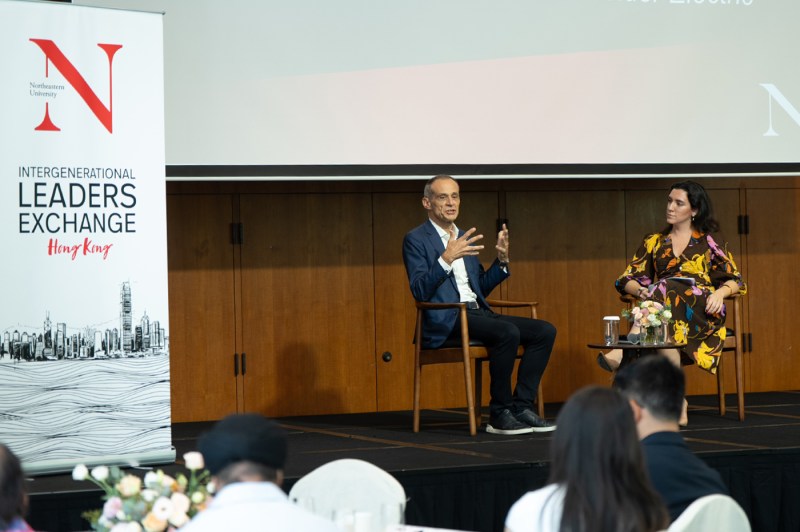
Photo by Tony Kwok for Northeastern University Spencer Fung, bottom left, executive group chairman of Li & Fung, Jean-Pascal Tricoire, bottom right, chairman of Schneider Electric, and Adriel Chan, top middle, the chair of Hang Lung Group and Hang Lung Properties, spoke at Northeastern’s Intergenerational Leaders Exchange in Hong Kong on October 17, 2025. Photos by Tony Kwok for Northeastern University With AI becoming increasingly agentic and making decisions that impact humans, Aoun said, students need to understand what machines can do and what only humans can.
“That’s what we call human literacy,” he said.
He pointed to Northeastern’s 230-plus combined majors, experiential education and lifelong learning opportunities designed to help learners continually reskill and reinvent themselves.
“It is an engagement for life, and we want to be there for you,” he said.
Supply chain giant
Spencer Fung, executive group chairman of Li & Fung, a Northeastern University trustee and graduate, shared how a 120-year-old legacy business can stay competitive through self-disruption, a startup mindset and AI integration.
Fung, who holds an MBA and a master’s in accounting from Northeastern, sees disruption as unavoidable. So to be prepared for these disturbances he challenged workers at Li & Fung — a global leader in supply chain and logistics with 230 offices in 40 markets — to shrink delivery times from a year to just two to four weeks.
“It is a fact that every single company and country will get disrupted at some point. You just look at history,” he said.
To drive change, Fung built a startup-like team in Shanghai; embraced AI and backed experimentation.
“We don’t exactly call it R&D, but we’re supporting people trying new things, even without an immediate return,” he said, referring to research and development, a systematic, creative work on developing new services and products.
After two and a half years, the Shanghai team became profitable and competitive in the fast retail cycle.
“This model, what we have found, is so disruptive that it almost solves every single problem in retail simultaneously, and we’re now trying to scale that up,” he said.
Fung sees AI as essential infrastructure.
“AI is kind of like electricity. If you don’t have it, you’re going to fall behind. If you have it, you’re just going to be on par with most people,” he said. Now, how do you become a step ahead? We’re not there yet. We’re merely trying to use AI in every facet of our company.”
For future generations, Fung emphasized family values and hands-on experience. Successive generations, he said, need to know the fundamentals and the basics of the business and start from the bottom.
“Otherwise, they cannot really make sound decisions,” he said. “I do remind myself once every few years to go all the way down to the details, to the engine room to make sure that I know what’s going on.”
The double revolution
Tricoire, the Schneider Electric chairman, shared how he transformed a traditional electric company into a global technology leader in electrification, automation and digitization.
Under his leadership as CEO, the company expanded its technology portfolio and grew its market capitalization from €8 billion to €40 billion. Tricoire shifted the companies’ focus from Europe to new markets like the U.S., China and India, moving 60% of its business to digital solutions.
A key to this transformation has been talent, Tricoire said. Schneider employs 160,000 people in 100 countries, offering structured early-career and mid-career learning programs and fostering intergenerational exchange through its Open Talent Market platform. More than 4,000 mentoring relationships exist globally.
“The people who progress the fastest are the people who are able to harness the knowledge of somebody else in the company,” Tricoire said.
In 2011, he relocated from Paris to Hong Kong and distributed corporate functions globally to be close to customers.
Schneider’s solutions are tailored regionally: centralized electrification in China, decentralized in India, and advanced smart grids in the U.S., where outdated infrastructure hinders AI.
“The U.S. wants to dominate AI, but the biggest bottleneck to AI is access to power,” he said.
Tricoire explained the “double revolution” in energy: the shift to electrification and the use of digital technologies like AI to boost efficiency. He argues that by electrifying everything and embedding intelligence everywhere, society can more than offset the additional electricity needed to power AI.
Family legacy and investor demands
Adriel Chan, the chair of Hang Lung Group and Hang Lung Properties, spoke about leading a family-controlled, publicly traded business founded by his grandfather in Hong Kong in 1965.
“The sense of ownership has to be there,” said Chan. “It has to be very strong, but the way that you manage those relationships can be quite different.”
While public shareholders focus on dividends and key performance indicators, families think in generations.
Chan discussed the four core values his father and he established for the company: integrity, sustainability, excellence and openness. Openness, he said, is crucial in overcoming the “closed-mindedness” common in Asian family businesses.
“They tend to be very conservative, very stuck in their own ways and unwilling to change,” Chan said. “I felt like we needed to move out of that and to really start thinking differently.”
Chan credited strategic decisions made by his father — such as investing in commercial real estate in China rather than residential in the 1990s — for insulating the company from the recent property crash.
“The Chinese market is big enough and is deep enough, sophisticated enough, and has enough gaps where I think that we can still do well in mainland China,” he said.
“Our malls, 80% of them, are powered 100% by renewable electricity. We’ve managed to actually save costs, both in the short term and in the long term,” said Chan, who championed environmental, social and governance initiatives in the company.
Chan also described shifting to an asset-light model, which involves leasing properties, focusing on operational profits and aligning investor demands with family interests to “improve return on investment.”
He stressed financial sustainability remains the foundation for broader social and environmental impact.
Continue Reading